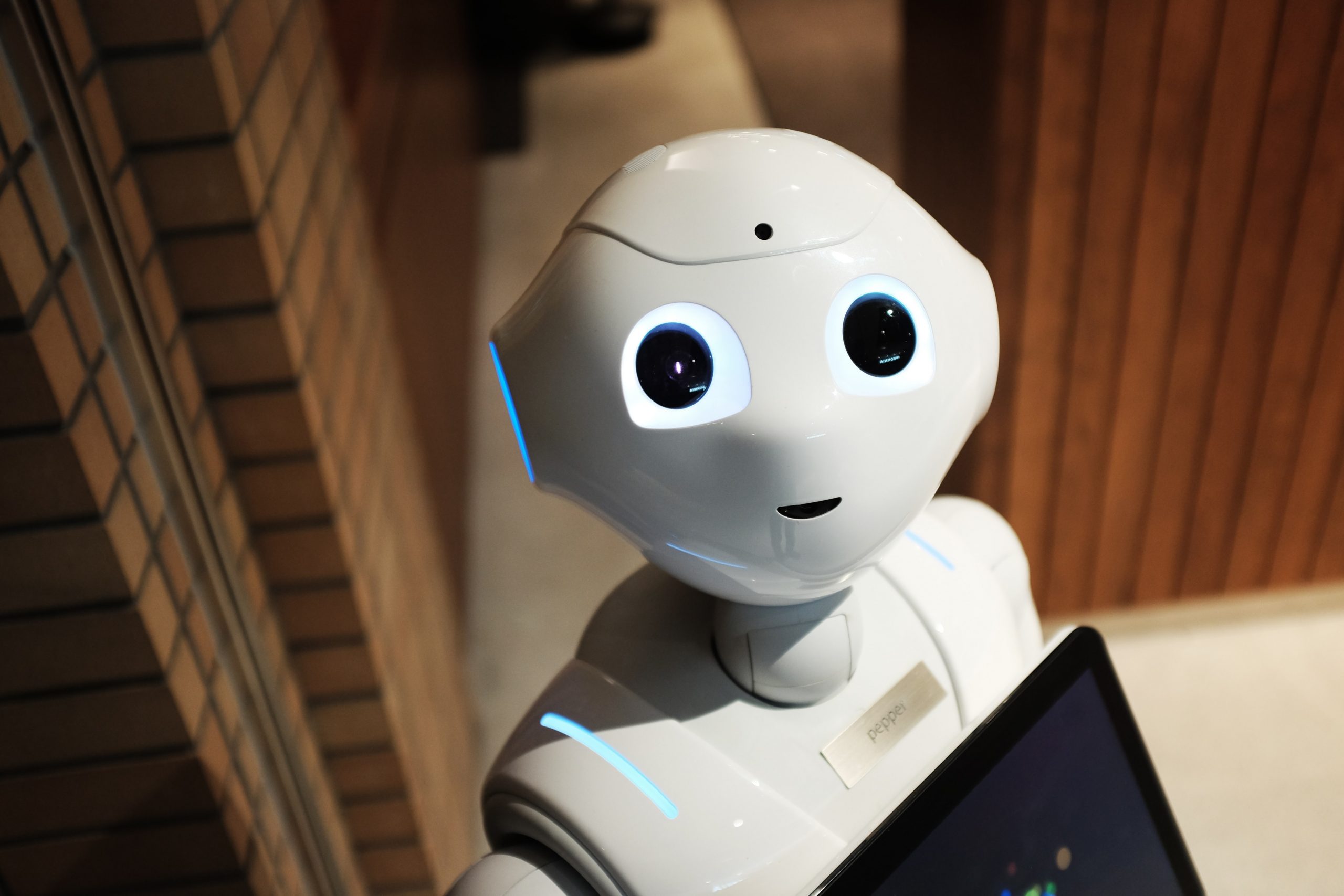Robots are already all around us, whether the automated machines that assemble our vehicles or the virtual assistants that use conversational interfaces to help us around the house. Yet as we’ve seen, they’re not currently suitable for all areas of life. But will that change in the future?
Despite fears of an AI takeover, where machines replace humans as the dominant intelligence on the planet, such a scenario seems unlikely. However, business network PwC predicts that robots could automate up to 30% of jobs by the mid-2030s.
Other reports suggest that the stock of robots worldwide could reach 20 million by 2030, with automated workers taking up to 51 million jobs in the next ten years. So, while they may not take over the world, we can expect to see more robots in our daily lives.
How robots will change the world
According to a report from McKinsey, automation and machines will see a shift in the way we work. They predict that across Europe, workers may need different skills to find work. Their model shows that activities that require mainly physical and manual skills will decline by 18% by 2030, while those requiring basic cognitive skills will decrease by 28%.
Workers will need technological skills, and there will be an even greater need for those with STEM expertise. Similarly, many roles require socioemotional skills, particularly in parts where robots aren’t suitable substitutes, such as caregiving and teaching.
We may also see robots as a more integral part of our daily routine. Many simple tasks such as cooking and cleaning may be automated in our homes. Similarly, with robots that can use computer vision and natural language processing, we may see machines that can interact with the world more, such as self-driving cars and digital assistants.
Robotics may also shape the future of medicine. Surgical robots can perform exact operations, and with advances in AI, they could eventually carry out surgeries independently.
The ability for machines and robots to learn could give them an even more diverse range of applications. Future robots that can adapt to their surroundings, master new processes, and alter their behavior would be suited to more complex and dynamic tasks.
Ultimately, robots have the potential to enhance our lives. As well as shouldering the burden of physically demanding or repetitive tasks, they may be able to improve healthcare, make transport more efficient, and give us more freedom to pursue creative endeavors.
Reference: https://www.futurelearn.com/info/blog/general/introduction-robotics-future-robots


